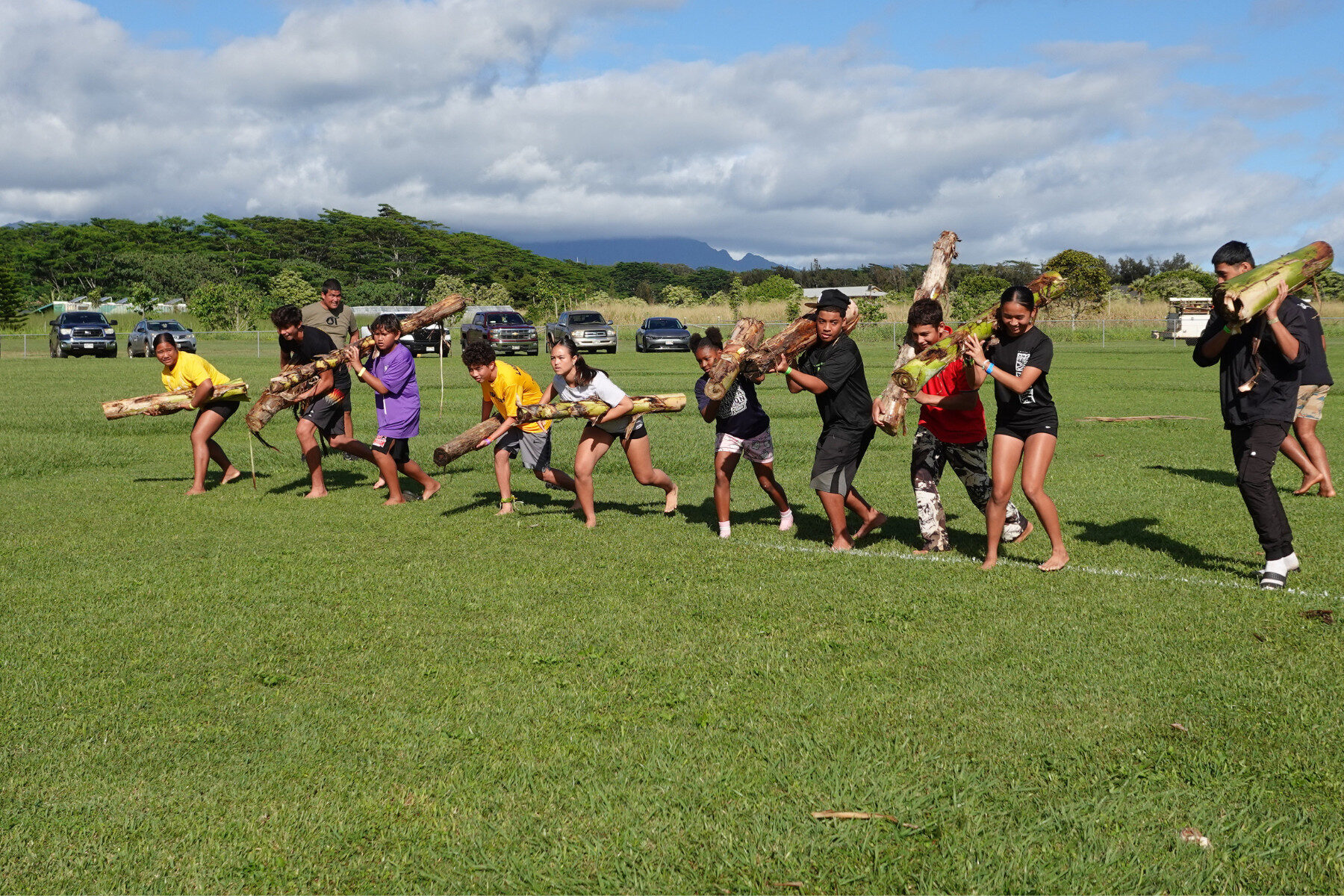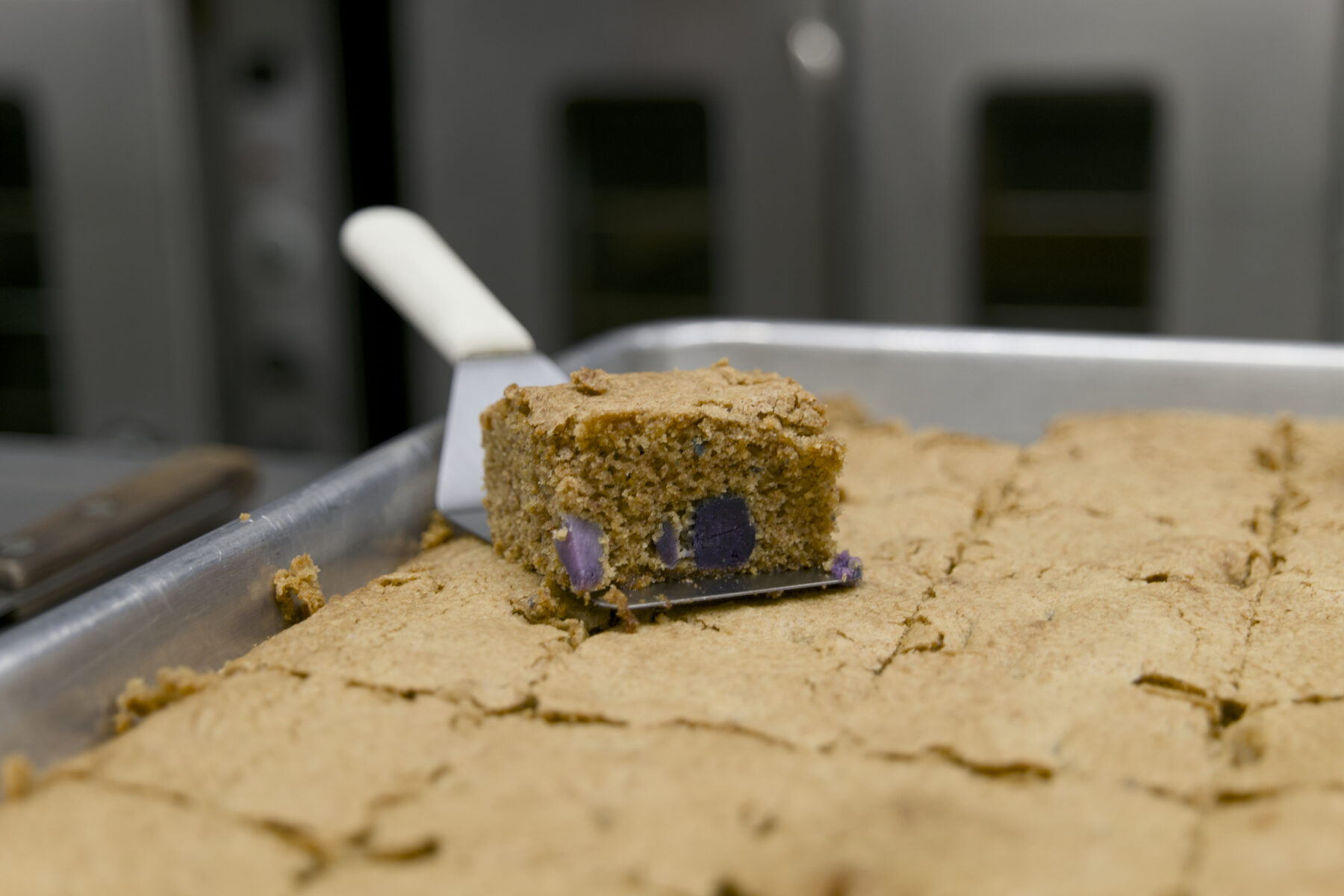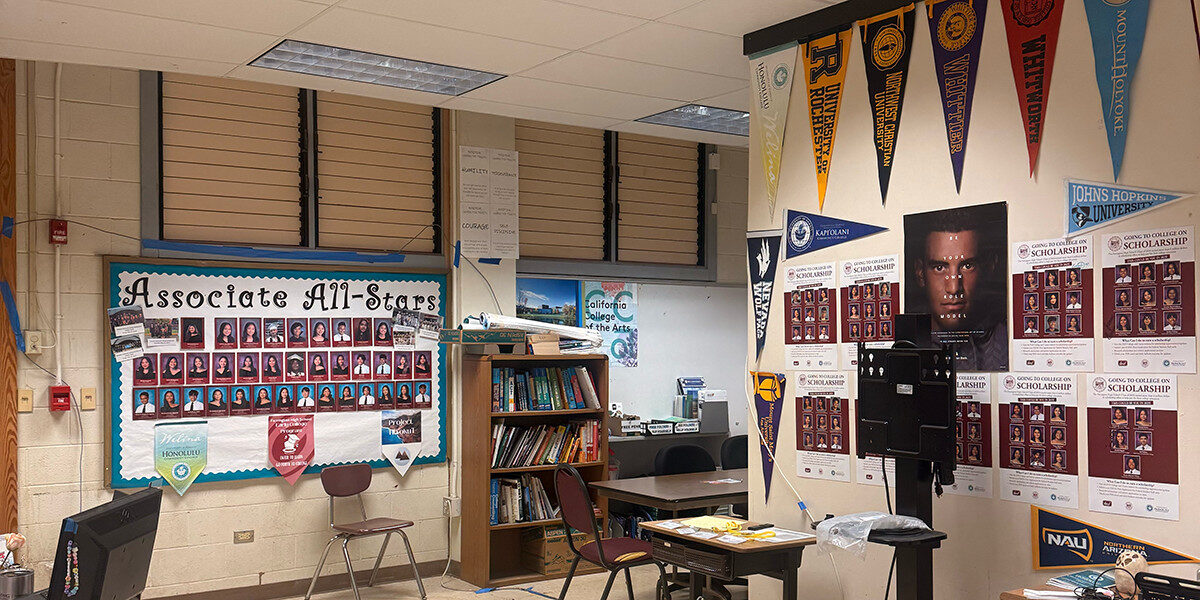By Mariella Wasserman, Hilo High School
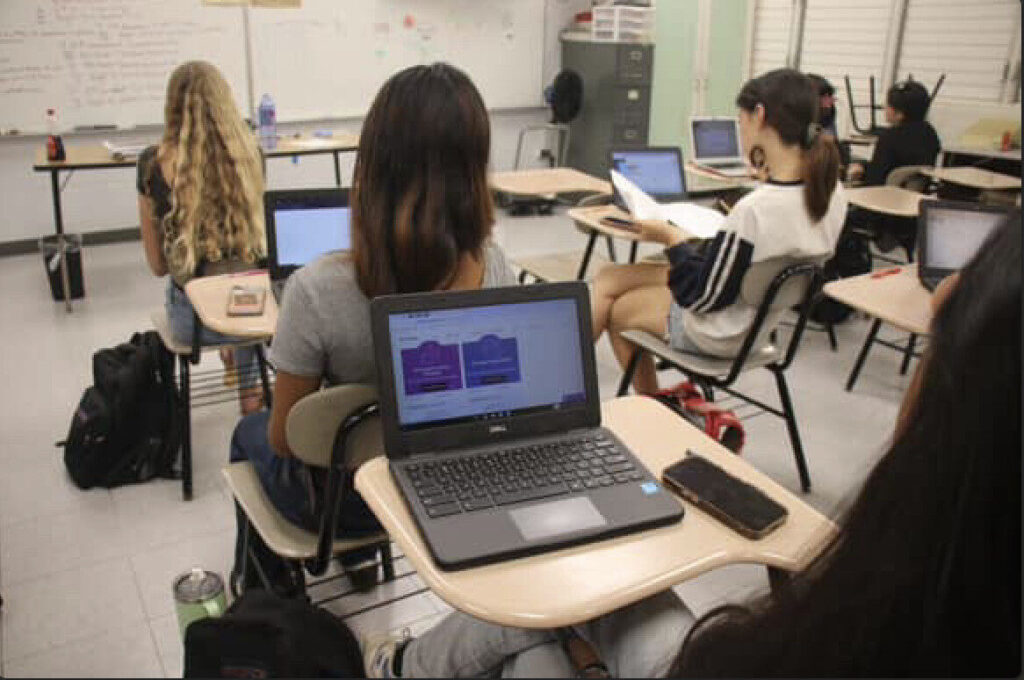
We’re often told that high school is “the best time of our lives.” However, for many students, it can feel like a relentless sprint. Not only is there pressure from the classroom, but it comes from every direction. It’s the exam prep, the after-school club meetings, the sleepless nights spent on projects, and the nagging feeling that you could always be doing more.
As high school students, we’re expected to be academic overachievers, dedicated volunteers, and overall well-rounded students all at the same time. This stressful environment can lead to mental burnout, anxiety, and a persistent sense of being behind others. There’s always this anxiety in the back of our heads that we could be doing more, and most of the time, it is hard to sit down and relax without thinking there’s something else I should be doing to utilize this time more effectively.
Managing this pressure may feel overwhelming, but it doesn’t have to control your experience. Handling stress with a packed schedule is tough, but it’s a skill that pays off beyond your high school years. Focus not on doing more, but on doing things better.
Mindful Planning
When it comes to juggling responsibilities, one of the most important things is to ensure you plan your time effectively. There are a few ways to manage time that work better than simply creating a lengthy to-do list. One method is to time-block your day by assigning scheduled times to tasks you have to do, and once that time is up, move on to the next task. However, during this time, you must devote all your energy to the specific task and refrain from getting distracted by other things. Another excellent method is the “Eat the Frog” method, which involves tackling your most dreaded task, “frog,” first. Doing this will allow you to feel a sense of accomplishment and relief throughout the rest of your day, rather than the task occupying your mind as you dread it. These strategies are important because they help you stay focused, reduce procrastination, and build sustainable habits that make managing a busy schedule more manageable in the long run.
The Power of “No”
One of the most essential skills to learn as a leader is the ability to say “no” when you know you are taking on too much to handle. One of the biggest mistakes many teenagers make is overloading their plates with too many things in an effort to meet others’ expectations. I, myself, have fallen victim to this throughout the years. I feel that in my senior year, I have come to understand that saying no is okay. Teachers, mentors, and family all know that you are busy and can’t always take on more things. Sometimes, it is essential to prioritize yourself, but that doesn’t mean saying no to everything. Know your limits, understand what you can and can’t do, and take on tasks accordingly.
Prioritizing Rest
Although your mind may be running a thousand miles a minute at all times, it is essential to make sure you sit down and take genuine breaks regularly. Along with taking genuine breaks where you simply breathe for a minute, it is critical to consume the proper nutrients and get enough sleep. Your body is your vessel, and it is essential to nourish both your body and mind. For me, rest sometimes looks like spending quality time with friends or even allowing myself the occasional doom-scroll, as long as it’s intentional and helps me unwind.
Ultimately, managing high school stress isn’t about perfect planning or doing nothing; it’s about balance and remembering your purpose. Whether it’s a passion, a drive to lead, or love for service, hold on to your why. Mindful planning, saying no, and prioritizing rest will not only help you survive, but also build lifelong skills.
Be intentional, be kind to yourself, and know that your best is enough.
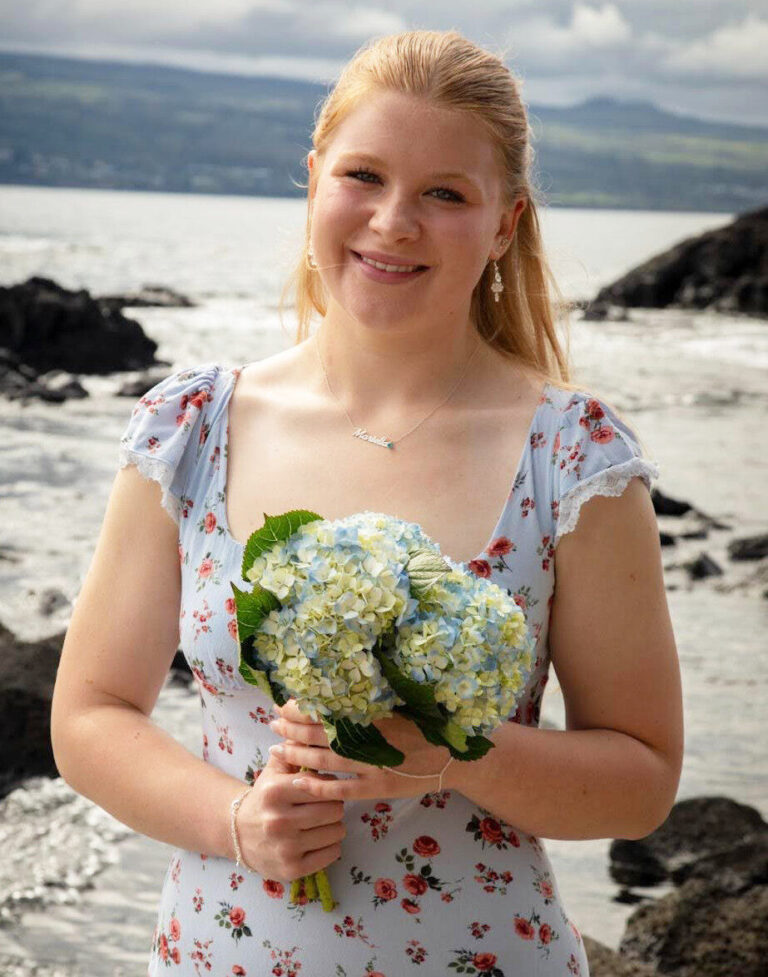
Mariella Wasserman is a senior at Trường trung học Hilo and serves as the vice chairperson of the Hawaiʻi State Student Council. She is also the first vice president of Hilo High’s Student Association, the vice president of public relations for HOSA, and is involved in the National Honor Society and Leo Club. Passionate about STEM, she aspires to become a doctor one day. She is dedicated to empowering students to use their voices, advocating for those who feel unheard and helping everyone recognize that their voice matters.

